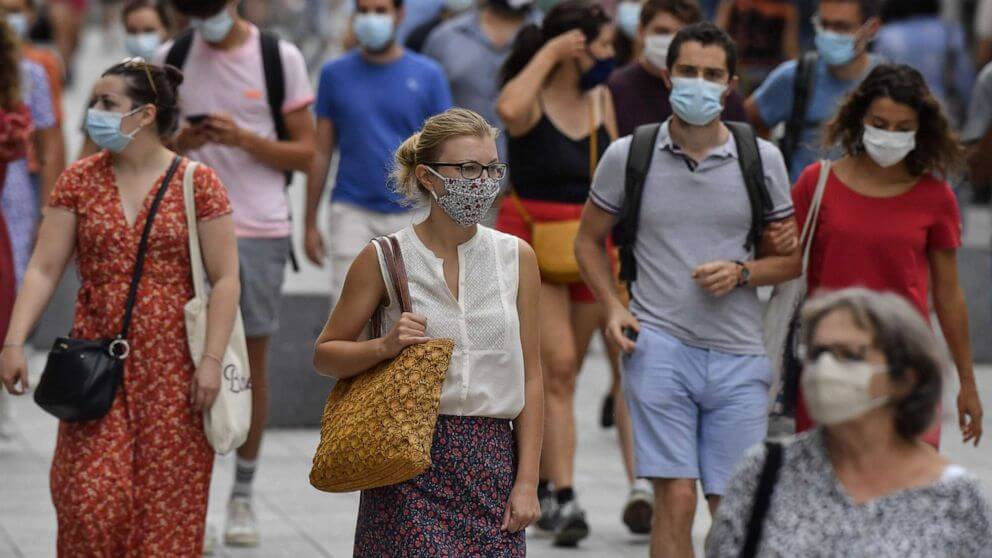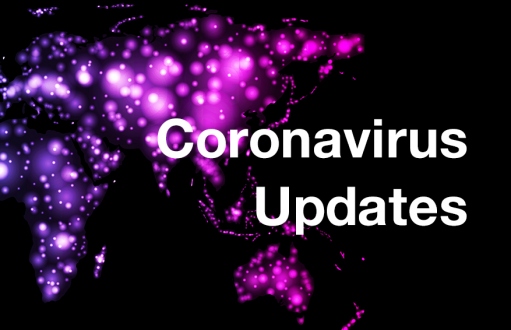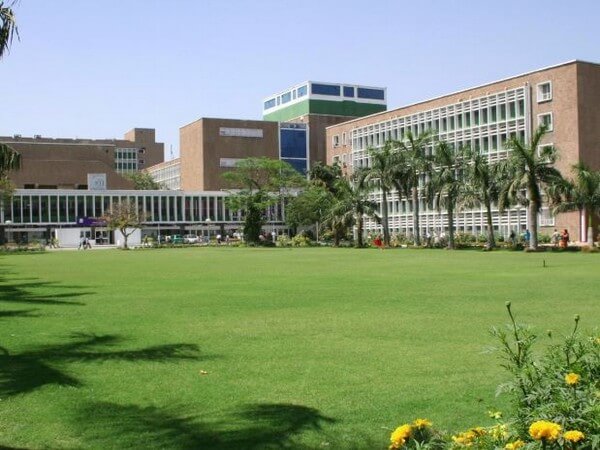Study warns, 'Zombie Viruses' trapped in Siberia may trigger a new pandemic
Tue 23 Jan 2024, 23:48:51

According to a study, a new pandemic could be sparked by the emergence of ancient zombie viruses that have been trapped in Siberian permafrost due to global warming and increased human activity such as shipping and mining.
The viruses, which have been known for years as 'Methuselah microbes', are capable of reproducing and causing disease even if they have lain dormant in permafrost for tens of thousands of years.
According to researchers from Aix-Marseille University in the south of France, since 2023 is the warmest year on record, there is a greater chance than ever that permafrost will thaw and eventually release the zombie viruses.
“At the moment, analyses of pandemic threats focus on diseases that might emerge in southern regions and then spread north,” said geneticist Jean-Michel Claverie, a geneticist from the varsity, was quoted as saying to the Guardian.
“By contrast, little attention has been given to an outbreak that might emerge in the far north and then travel south -- and that is an oversight, I believe. There are viruses up there that have the potential to infect humans and start a new disease outbreak.”
Agreeing with this, virologist Marion Koopmans of the Erasmus Medical Center in Rotterdam said: “We don’t know what viruses are lying out there in the permafrost but I think there is a real risk that there might be one
capable of triggering a disease outbreak -- say of an ancient form of polio”.
capable of triggering a disease outbreak -- say of an ancient form of polio”.
“We have to assume that something like this could happen,” she was quoted as saying.
Permafrost covers a fifth of the northern hemisphere and is made up of soil that has been kept at temperatures below zero for long periods. Some layers have remained frozen for hundreds of thousands of years, scientists have discovered.
"The crucial point about permafrost is that it is cold, dark and lacks oxygen, which is perfect for preserving biological material," Claverie was quoted as saying to the Observer.
He said that the disappearance of Arctic sea ice, caused by global warming, posed a massive risk to human health.
"That is allowing increases in shipping, traffic and industrial development in Siberia. Huge mining operations are being planned, and are going to drive vast holes into the deep permafrost to extract oil and ores.
"Those operations will release vast amounts of pathogens that still thrive there. Miners will walk in and breathe the viruses. The effects could be calamitous,' he told the newspaper.
The World Wide Fund for Nature (WWF) reports that the Arctic's average temperature has already risen at a rate three times higher than the global average, and is the region with the highest rate of average temperature change.
No Comments For This Post, Be first to write a Comment.
Most viewed from Coronavirus Updates
Most viewed from Health
AIMIM News
Latest Urdu News
Most Viewed
May 26, 2020
Do you think Canada-India relations will improve under New PM Mark Carney?
Latest Videos View All
Like Us
Home
About Us
Advertise With Us
All Polls
Epaper Archives
Privacy Policy
Contact Us
Download Etemaad App
© 2025 Etemaad Daily News, All Rights Reserved.










































